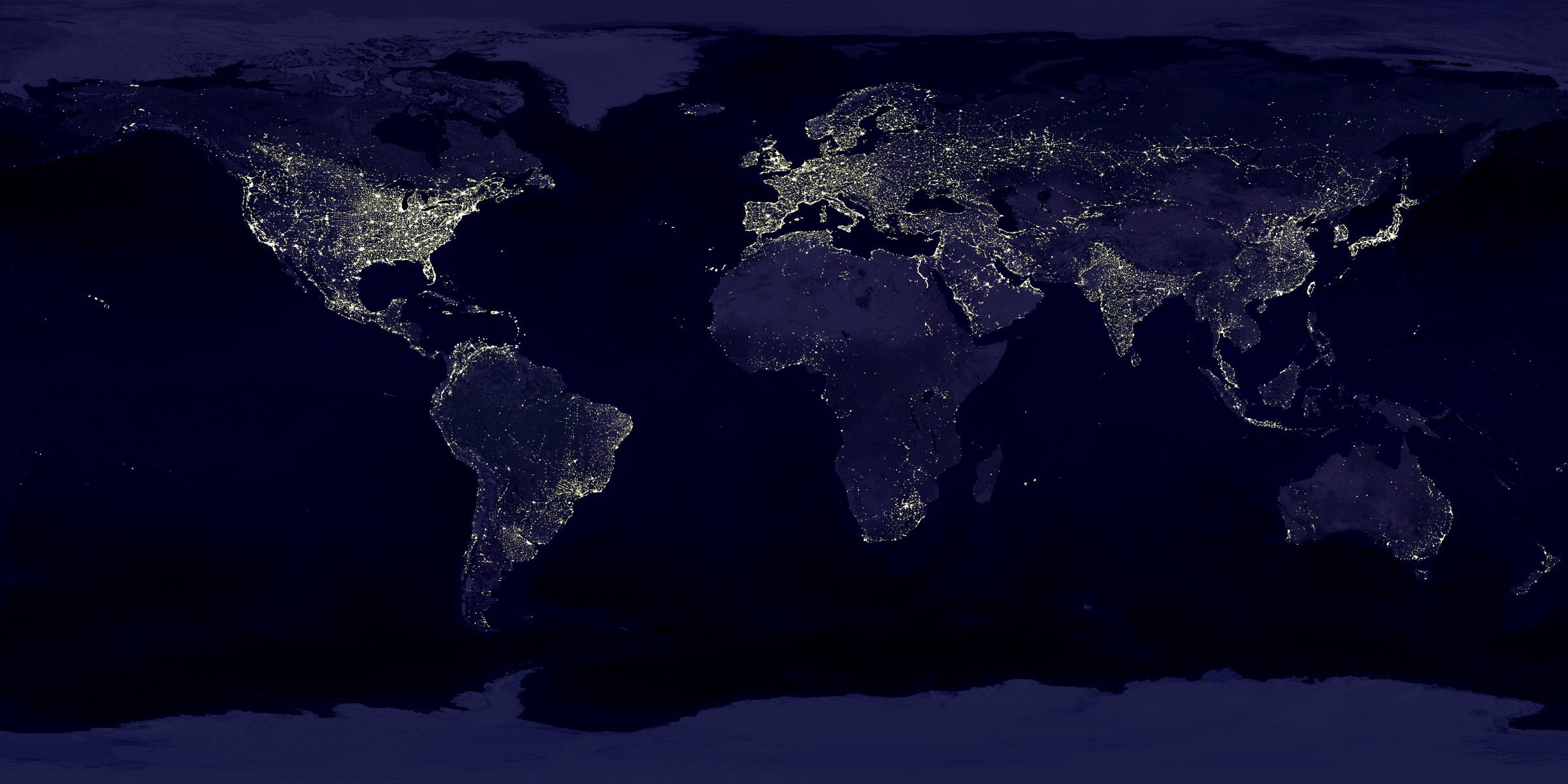The UN High-Level Panel on the Post-2015 Millennium Development Agenda concluded that we need a data revolution to achieve newly established urgent development goals such as eradicating poverty. The impact of big data for development can be major and we need to be aware of its new opportunities.
Here are some examples that illustrate how big data can improve people’s lives, providing opportunities for developing countries to benefit from this new Data Revolution.
1Understanding demographics and migrations
Tracking cell phone activities with GPS can show patterns in migration and the formation of social clusters in cities. Mining social data helped the SAS institute identify unemployment trends in the United States and Ireland three to four months before official reports were able to make the same conclusions (since social media conversations about the loss of housing rose two months earlier than unemployment did).
2Understanding social habits and problems
Analyzing data from social media can unveil potential endemic illnesses when doctors cannot, or patterns of health habits such as exercising, drug and alcohol consumption. Research confirmed that people actually share with their friends in Twitter or Facebook some illnesses they would not share with doctors.
3Improving disaster awareness to alert citizens
The US Geological Survey mines Twitter looking for a significant increase in the volume of messages about earthquakes. As a result, they can now quickly locate an earthquake with 90% accuracy. Thanks to sensor-robot systems, the Ocean Observatories Initiative will monitor oceanic activity and provide real time analyses, which can anticipate tsunamis.
4Understanding macroeconomic trends
Researchers at MIT collected data on daily prices of goods sold or advertised on the web and used that data to estimate inflation with great accuracy. Thanks to it, inflation peaks can now be identified more quickly than with traditional methods.
5Detecting pandemics worldwide in real time
Google Flu Trends and Google Dengue Trends can accurately detect flu and dengue outbreaks by analyzing search logs. By monitoring whether people located in a particular place perform searches related to typical flu or dengue symptoms at a given time, they can detect whether there could be a flu epidemic at that time.
6Revealing topographic changes, traffic patterns and emissions
Solutions like “Ciudad Creativa Digital” will be the basis of smart cities. This project will install sensors capable of transferring real time data about events taking place in the city and allowing, for example, to change the timing of transit lights according to traffic.
7Gathering environmental data to study patterns of climate change
The organization LifeUnderYourFeet offers a set of visualization tools that help make sense of sensor and satellite data which can be used to detect levels of moisture, temperature, and pressure in the soil, which can help researchers make decisions on agriculture and infrastructure projects.
8Improving our public services
Ubidots, an “internet-of-things” platform developed in Colombia, monitors hygiene conditions in 25 hospitals in Latin America by capturing data with sensors about equipment and people’s activities (such as how many people enter and exit a location), and turning it into useful information.
9Organizing humanitarian help
The International Network of Crisis Mappers is a community of practice that gathers individuals who take advantage of geospatial technologies, hand-held radios, and other platforms to provide humanitarian help and disaster response.
The Ushahidi platform used after Haiti’s earthquake allowed Haitians to report people trapped in buildings or in desperate need for by sending text messages.
10Improving our everyday lives and building community
The Community Collaborative Rain, Hail and Snow Network (CoCoRaHS) is a community-based network of volunteers who measure and map precipitation. Local communities and individuals benefit from data available on the website for things such as mosquito control, city utility planning, insurance adjustments, outdoor & recreation planning and classroom activities.
These are just some examples. How else do you think big data can help us improve our lives?


Leave a Reply